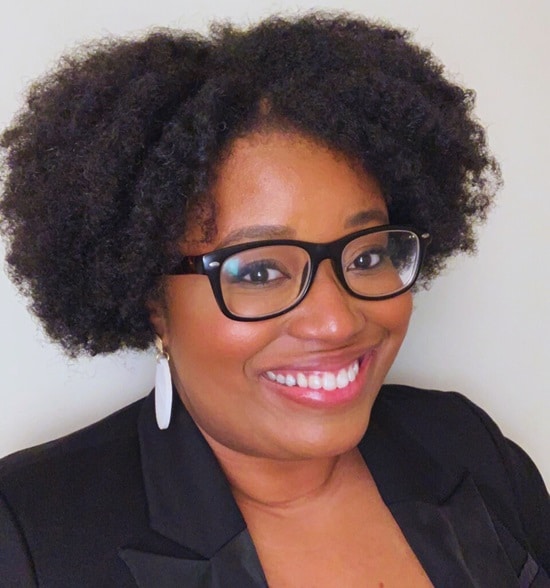As we explored in our lead article about love <link to Love Main blog>, embracing love as care, affection, responsibility, respect, commitment, and trust can provide a strong foundation for your relationships. This exercise is designed to help you reflect on your relationships when you face questions about emotional well-being, balance, and mutual support. Building healthy relationship habits can help you pause each day to assess your feelings, consider what’s working, and evaluate your expectations.
As you explore the steps below, consider how healthy love looks and feels when it’s present and when it’s absent. You may wish to refer to the first exercise in the Liberate pillar, Recognizing Liberatory Love in My Life.
| Well-Being Note Your well-being matters. This exercise may feel overwhelming when used for a challenging connection. If you notice signs in your body or mind that signal a need to pause — like tension, racing thoughts, or fatigue — listen to them. Taking a break is an act of self-love. |
Safety Note
If your relationship includes warning signs, such as physical abuse, coercion, or threatening behaviors, seek professional support immediately. Begin safety planning to protect your well-being and safety. If you need support now, text STEVE to 741741 and visit our support page. <link to https://stevefund.org/crisistextline> |
Step 1: Reflect on the relationship honestly
Set aside time to examine and reflect on some important questions about your relationships adapted from a validated research scale developed to assess relational health. Keep track of your answers on your phone or on a piece of paper.
In general, how satisfied are you with your relationship?
- Not at all satisfied
- Somewhat satisfied
- Very satisfied
How well does your partner meet your needs?
- Not at all well
- Somewhat well
- Very well
How good is your relationship compared to most?
- Worse than most
- About the same as most
- Better than most
How often do you wish you hadn’t gotten into this relationship?
- Often
- Sometimes
- Never
To what extent has your relationship met your original expectations?
- Not at all
- Somewhat
- Completely
How much do you love your partner?
- Not at all
- Somewhat
- A lot
How many problems are there in your relationship?
- Many problems
- A few problems
- No problems
Reflection moment
- Take a moment to review your responses.
- How do you feel about your relationship right now?
- What stands out to you the most?
- Does this relationship align with what you truly want and need?
- What small changes could help improve your experience in this relationship?
- Are there ways that you can better communicate your needs and boundaries?
- What steps, if any, do you feel inspired to take next?
Step 2. Seek support
Talk It Out: Share your reflections with a trusted person (close friend, family member, or therapist) who can help you process your feelings and offer perspective.
Assess Next Steps: Decide whether to continue working to improve the relationship or take a break to support your mental health and emotional well-being. Sometimes, this decision can take time. Be patient and kind with yourself as you make a decision.
Step 3. Affirm and validate yourself
Take time to remind yourself:
- “I deserve relationships where care, respect, and trust are mutual.”
- “My boundaries, mental health, and emotional well-being matter.”
- “Choosing myself is an act of self-love.”
The Takeaway
Each of the steps above can help you grow and deepen your understanding of yourself and your relationships. When challenges crop up, you can keep making your well-being a priority by staying connected and grounded in what you know about the components of healthy love. By embracing healthy love’s ingredients and aligning your relationships with its principles, you can cultivate connections that support your mental health and emotional well-being.
References
- Hendrick, S. S., Dicke, A., & Hendrick, C. (N. D.). Relationship Assessment Scale [Database record]. Retrieved fromPsycTESTS. doi: https://dx.doi.org/10.1037/t00437-000
- Fenzel, L. M., Richardson, K. D. The Stress Process Among Emerging Adults: Spirituality, Mindfulness, Resilience, and Self-Compassion as Predictors of Life Satisfaction and Depressive Symptoms. J Adult Dev 29, 1–15 (2022). https://doi.org/10.1007/s10804-021-09384-2

